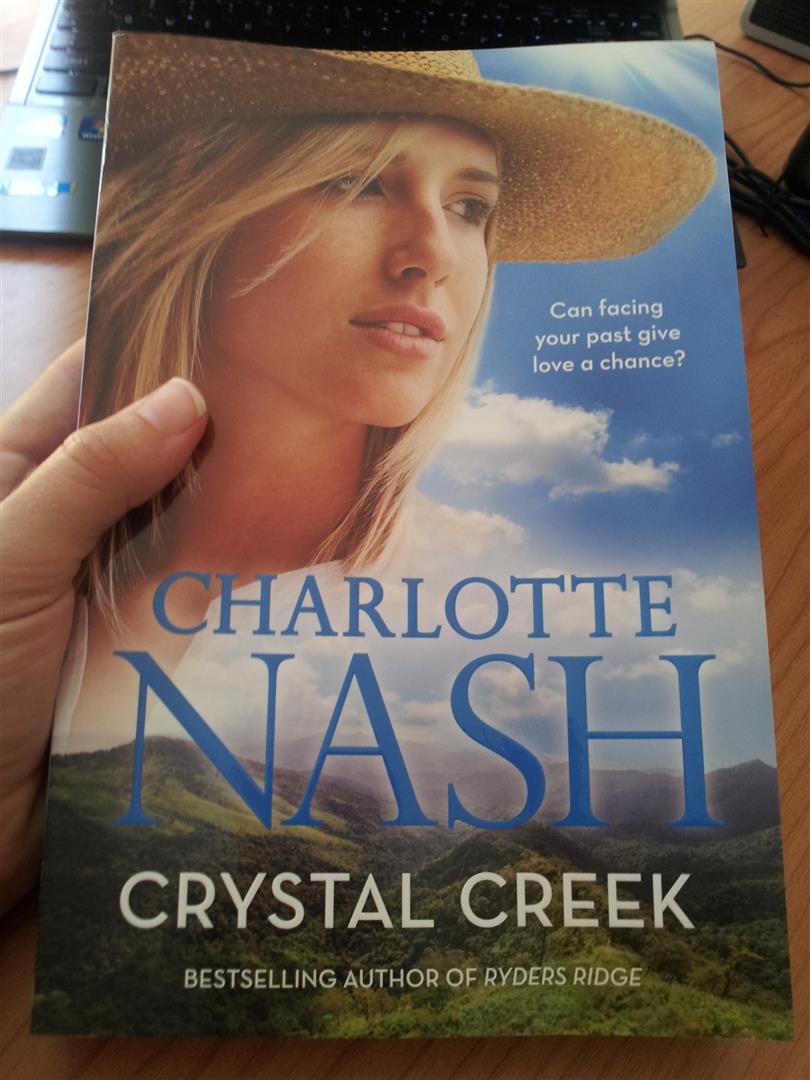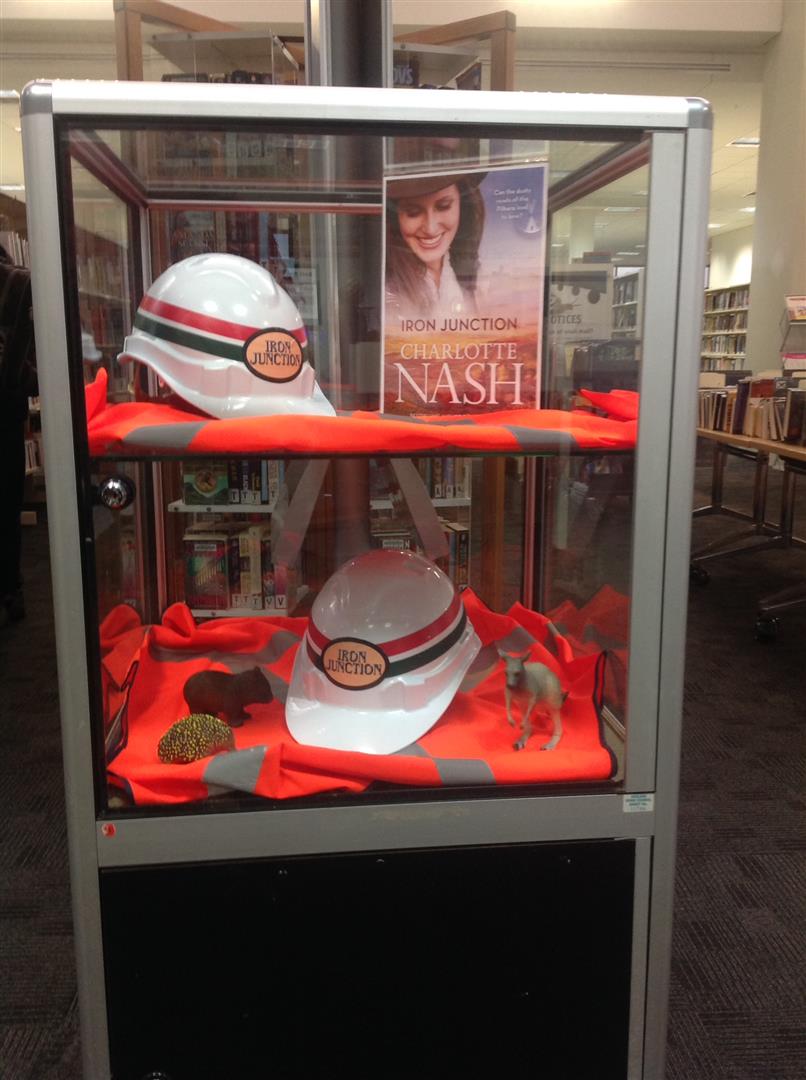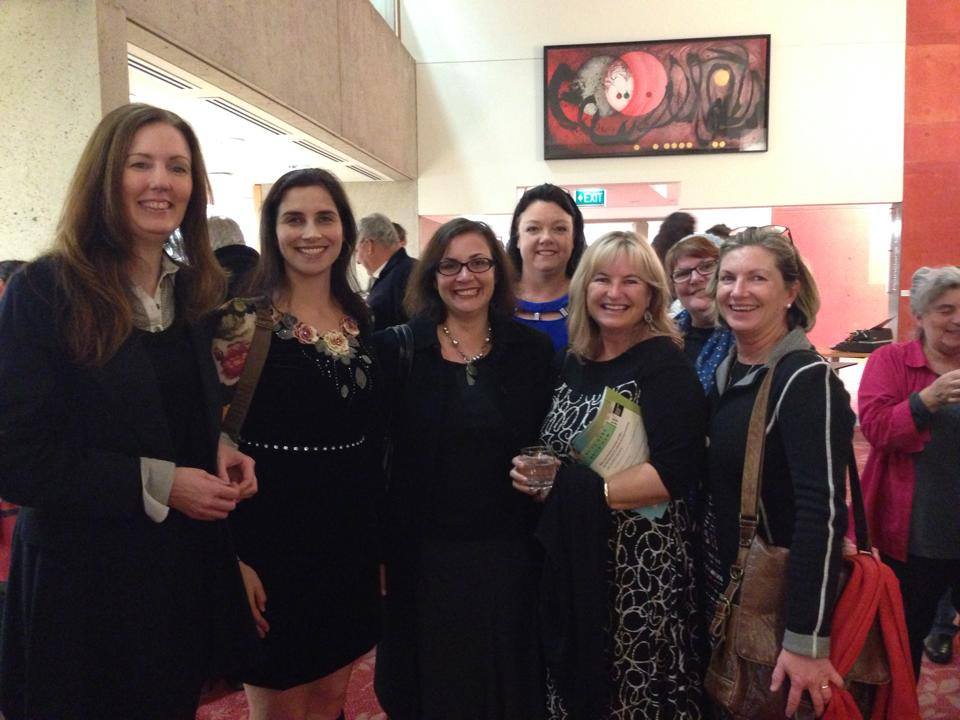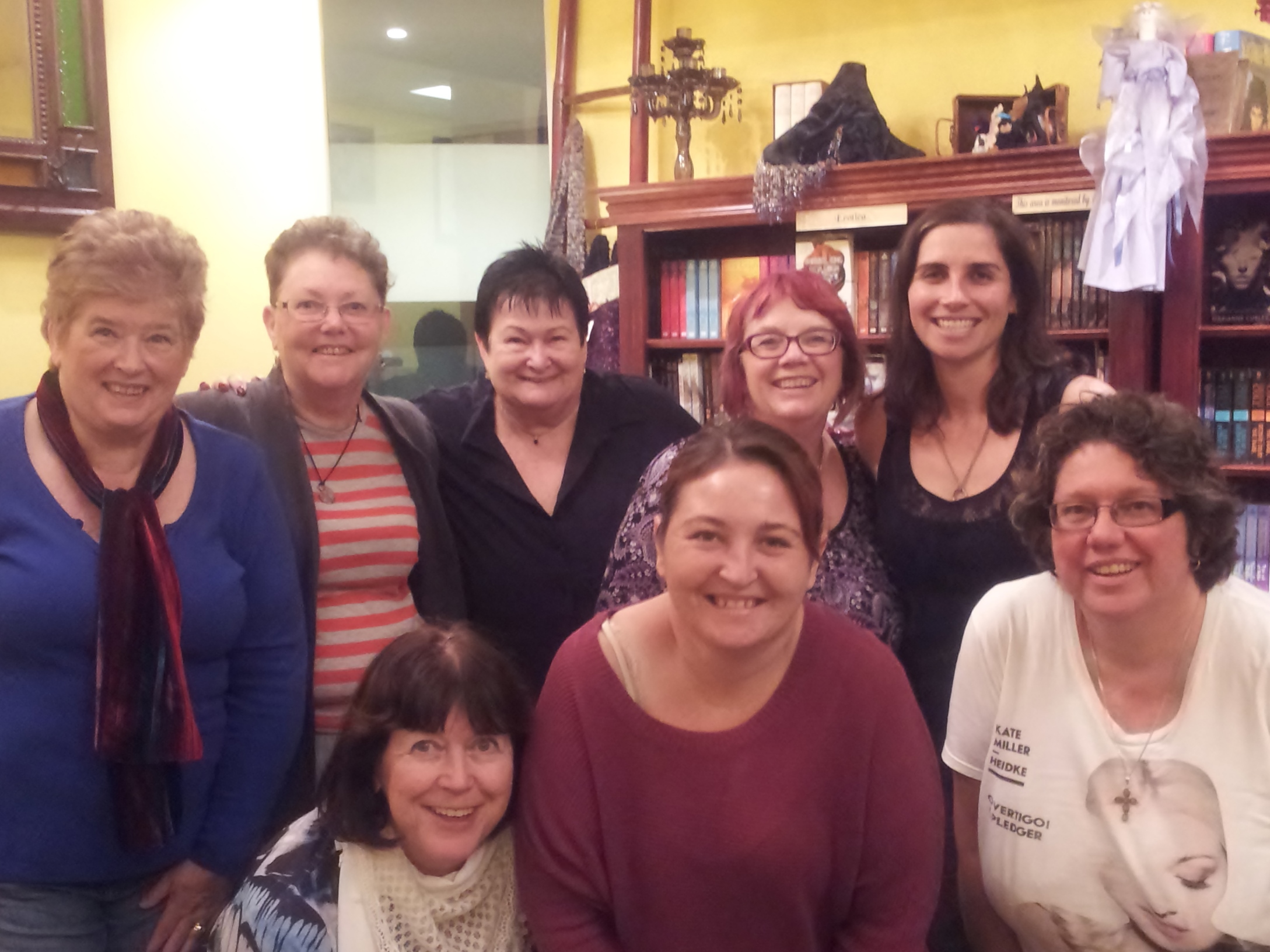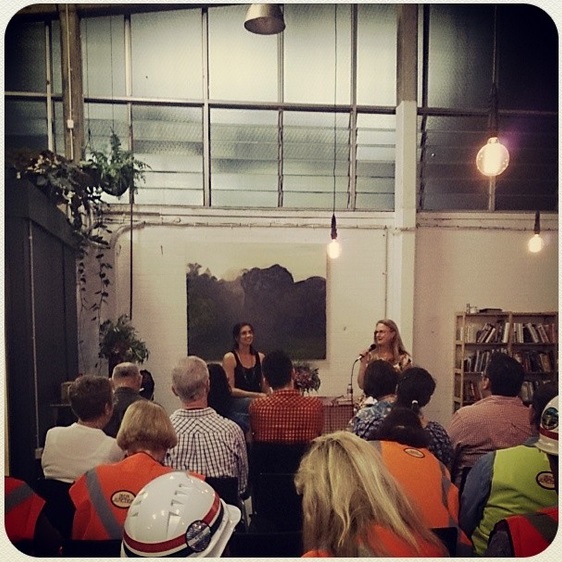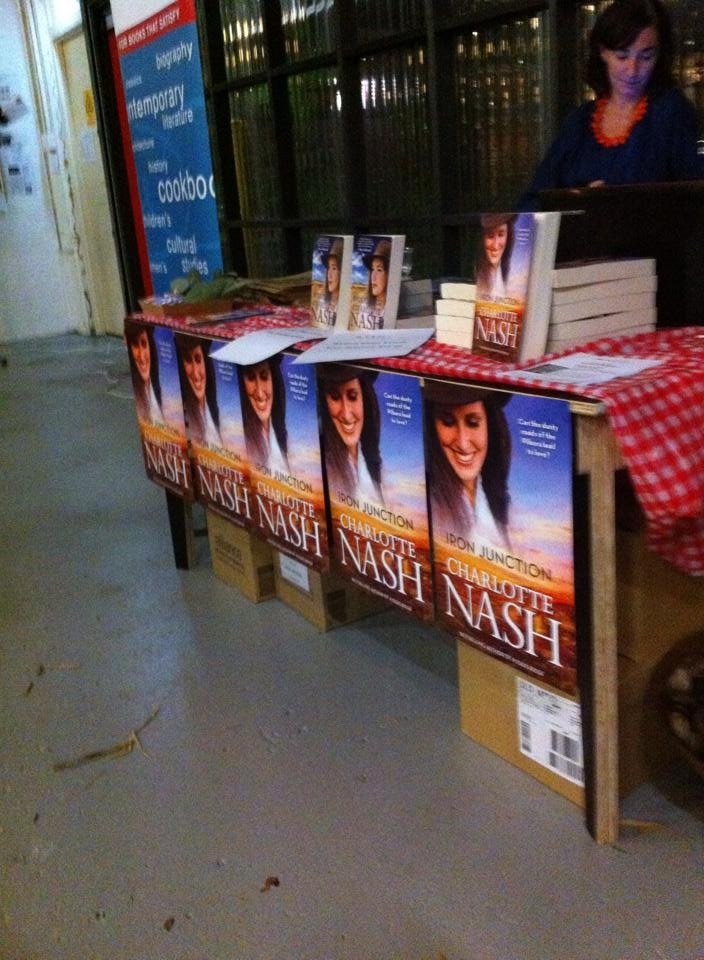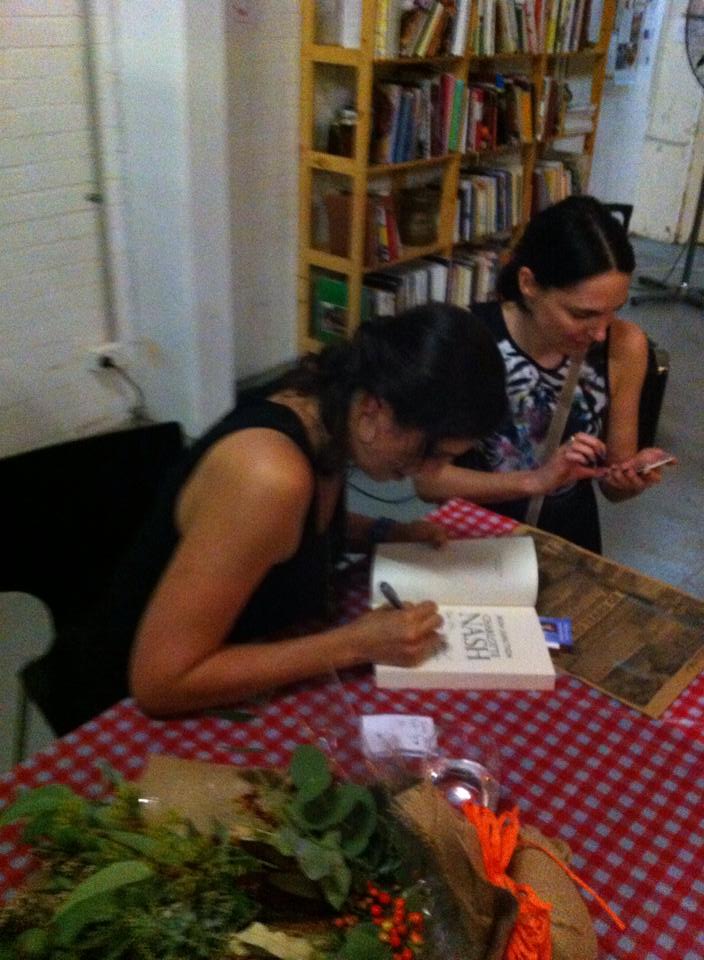 At Brisbane Writers Festival a few months ago, I was on a panel with Kim Wilkins, Kate Cuthbert and Kylie Scott to talk about 'love stories', and the above question was posed to the panel. At the time, we talked about women being smart enough to tell the difference between fiction and reality and some other things, but the question has been bothering me ever since.
And I think I've finally figured out why.
At Brisbane Writers Festival a few months ago, I was on a panel with Kim Wilkins, Kate Cuthbert and Kylie Scott to talk about 'love stories', and the above question was posed to the panel. At the time, we talked about women being smart enough to tell the difference between fiction and reality and some other things, but the question has been bothering me ever since.
And I think I've finally figured out why.
The short answer is, yes, sure. I reckon romance fiction could give unrealistic ideas about relationships – but in the same way that ANY made-up story could give unrealistic ideas about anything.
But the problem, really is in the question. Why are we asking this? What does 'unrealistic' mean? So let's unpack it.
At the core, this question seems rooted in a cynicism that is probably only rivalled by our attitudes to politics. We expect all politicians to lie, to be shallow and evasive – it doesn't surprise us when this turns out to be the case. These stories enforce ideas we already hold about the scummy world of politics, a kind of confirmation bias that props up the way we see the world.
So when someone asks about unrealistic expectations and romance, I see the same kind of bias loading up behind the question.
I write across the genre spectrum, and I've been on panels for both romance and science fiction at the same festival or convention. The thing is, this kind of question is never asked in science fiction. We don't ask – does science fiction give people unrealistic expectations about the future? Or about the world around them? No. We ask – does science fiction inspire science? Or, does science fiction predict future technology? We're interested in the positive effects of the genre – its ability to influence our direction.
I've often felt the need in such discussions to bring up the flip side of those conversations – that science fiction tends to give a skewed view to science ethics, through the mechanism I'll call 'narrative bias'. Narrative bias is the tendency for stories – especially fictional ones – to focus on the problems or conflicts of a situation. Therefore, for a new technology (say, something to do with genetics) there's a tendency to have in mind all the problems science fiction stories have thrown up about that kind of technology (Gattaca, anyone?). Watch the news and you'll see how often a story leads with "it's supposed to be the stuff of science fiction, but ...". Science fiction is intertwined with how we think about science. Therefore, this narrative bias is important to how we conceive potential problems.
Romance seems, however, to get the flip side argument as default. (And this is despite the strong cultural pockets we have who are just as heavily invested in sci-fi as perhaps some other readers are in romance.) We begin with 'unrealistic expectations' not with 'does romance fiction inspire better relationships'. And I have to wonder if that same political-style cynicism is at work here. We somehow expect that all relationships will be difficult. That men will cheat. That women will change. That women are naturally somehow given to fits of unreality, especially when it comes to relationships, or, that women's thoughts on this subject are to be questioned and mocked. That the idea of a more exalted way of being with each other – that two people are truly in love with and respect each other – is some kind of unattainable pipe dream, like the interstellar travel of the future. And such challenge seems to be seen as positive for genres like science fiction, because they stretch the possible. Ask questions. Pose answers. Give us new visions of being, even if those are a long way off. But somehow, in romance, such questions and visions are to be derided, even though they challenge the most fundamental and common situation that any of us will encounter. Few of us will go into space – but many of us will have romances.
Romance, too, being narrative, writes about conflict and problems. A story (at least, in the way we understand it) doesn't exist without that element. But the part that seems to attract attention and scorn is the happily ever after ending. Somehow the idea that the characters have worked out their problems, have come to some better place, is 'unrealistic'.
Now, of course, we know that in real life, this does not always happen (nor should always happen). I've read plenty of romances with stories and endings I thought were stupid, demeaning or ridiculous. But the same can be said of any other genre's narrative too – the heroes do not always win; the world is not always saved; we are not always freed from the yoke of tyranny. I've read plenty of science fiction that's stupid, demeaning and ridiculous, too. And yet, other genres do not cop the cynicism of creating unrealistic expectations the way romance does. Other genres are allowed to be aspirational – perhaps at times silly or farfetched – but certainly lacking the negative connotations attached to a question like: Does romance fiction give women unrealistic ideas about relationships?
So let's be honest. There's a jaded energy boiling behind such a question, which speaks perhaps of frustration and hurt, of a long history of concern over what women are reading in books, and maybe even a trace of mocking romantic relationships as serious fodder for stories. And perhaps there is the nub of the issue – while science fiction tends to speak to our pragmatism (except where it taps deep fears), romance is deeply emotional, and we deal far more easily with practical problems than emotional ones.
But maybe that's also, if we are brave, why romance in fiction is important. Because it is the genre that aspires to understanding ourselves in the ways culturally we least like to – within our most vulnerable parts. Our needs, especially as women, and especially where those issues connect with sexuality and power. Easy to mock. Not the stuff of Hollywood heroics, nor the bare-faced bleakness of the worst real-life conflicts (and there's a genre for that too). But it is no less courageous, and the fact the question comes so loaded seems to suggest that romance fiction has power – enough that someone worries about what that power is doing to women.
And maybe that's the most interesting part, and worthy of questions, and more discussion.


